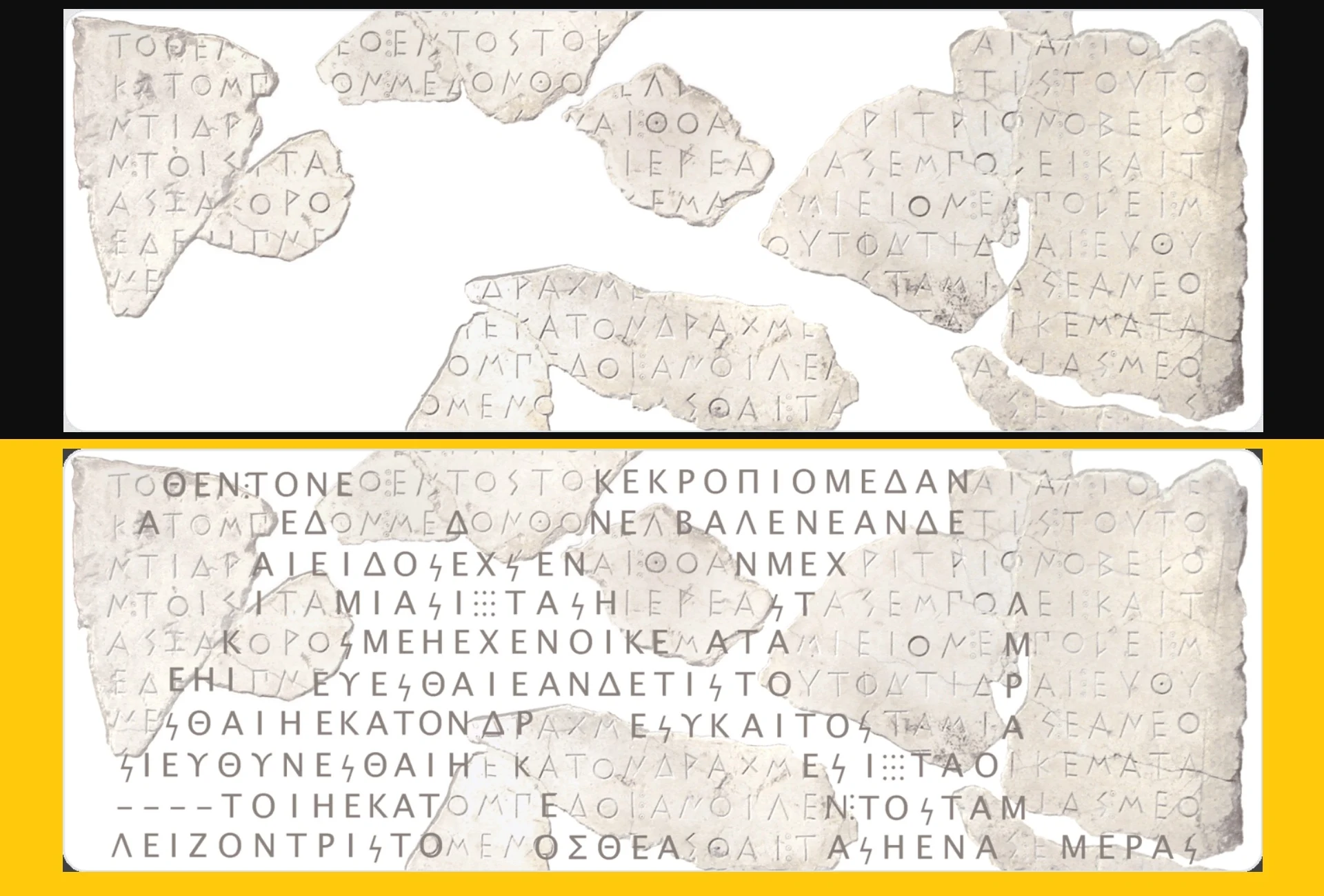AI (Artificial intelligence) is a kind of tech that has a really wide range of applications associated with it. The manner in which it can be implemented in academia is particularly exciting because of the fact that this is the sort of thing that could potentially end up allowing researchers and academics to better understand things that they had previously been struggling to wrap their heads around.
With all of that having been said and now out of the way, it is important to note that DeepMind, a subsidiary of Alphabet/Google and one of the foremost AI companies in the world, just released a new AI model that could prove incredibly useful in the world of archaeology. Reading ancient texts can be a great way to understand how ancient peoples lived, but the problem with that is that it can sometimes be difficult to understand what these texts actually say with all things having been considered and taken into account.
Sometimes these texts are damaged and therefore impossible to read, but the new AI developed by Deep Mind can help with that. It can actually reconstruct text in these scrolls and books, and it is also an immensely useful resource in terms of determining when these texts were actually written.
Using this AI can give archaeologists a 30 year window in which the text had likely been authored which is relatively accurate if you think about it. These texts are often written on material like stone and carbon dating such materials is not all that effective since they don’t contain organic matter. Hence, this AI is a huge innovation at least from this point of view.
What’s more is that this AI can help determine the original location of this text as well. It’s called Ithaca, and it has been trained through an analysis of over 75,000 Greek texts that are ancient in their origin. As the AI continues to learn and grow, it might be able to move beyond Greek and look into ancient Sumerian or Babylonian texts as well which would be truly exciting.

Read next: New AI Makes Eerily Realistic Movies Out of Old Photos
With all of that having been said and now out of the way, it is important to note that DeepMind, a subsidiary of Alphabet/Google and one of the foremost AI companies in the world, just released a new AI model that could prove incredibly useful in the world of archaeology. Reading ancient texts can be a great way to understand how ancient peoples lived, but the problem with that is that it can sometimes be difficult to understand what these texts actually say with all things having been considered and taken into account.
Sometimes these texts are damaged and therefore impossible to read, but the new AI developed by Deep Mind can help with that. It can actually reconstruct text in these scrolls and books, and it is also an immensely useful resource in terms of determining when these texts were actually written.
Using this AI can give archaeologists a 30 year window in which the text had likely been authored which is relatively accurate if you think about it. These texts are often written on material like stone and carbon dating such materials is not all that effective since they don’t contain organic matter. Hence, this AI is a huge innovation at least from this point of view.
What’s more is that this AI can help determine the original location of this text as well. It’s called Ithaca, and it has been trained through an analysis of over 75,000 Greek texts that are ancient in their origin. As the AI continues to learn and grow, it might be able to move beyond Greek and look into ancient Sumerian or Babylonian texts as well which would be truly exciting.

Read next: New AI Makes Eerily Realistic Movies Out of Old Photos
